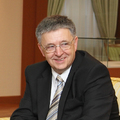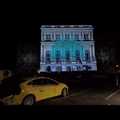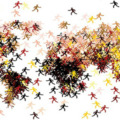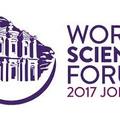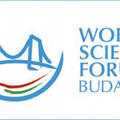Scientific community called for a code of conduct on the ethical practice of science
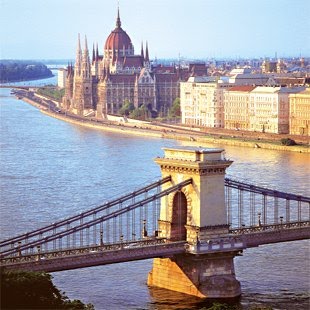
Representatives of many of the world's top science research organisations have endorsed a call for a universal code of conduct on the rights, freedom and responsibilities of scientific workers, demanding that such a code be recognised by, and built into, the legislation of individual countries. The call formed part of a declaration that was adopted on 19 November 2011 by participants in the World Science Forum, an international meeting held in Budapest, Hungary.
The declaration included proposals on topics ranging from scientific capacity building to the global divide in access to scientific knowledge. A code of conduct would help avoid harm due to ignorance or misjudgement of the consequences of new discoveries and applications of scientific knowledge.
It is the responsibility of those who promote science and scientists to maintain the primacy of moral and social concerns over short-term economic interest in the selection and implementation of industrialised research projects.
 Sir Brian Heap (chairman of the European Academies Science Advisory Council and a member of the World Science Forum's steering committee):
Sir Brian Heap (chairman of the European Academies Science Advisory Council and a member of the World Science Forum's steering committee):
The strongly worded position follows an amendment by the International Council for Science (ICSU, one of the WSF's partner organisations) of its existing statute on scientific freedom to include scientists' responsibilities alongside a defence of their freedoms. It is one of the highlights of the declaration. Science, technology and innovation as the underpinnings of economic success were never in doubt. But they don't have all the answers, particularly with renewed worries about the primacy of moral and social concerns over short-term returns.
Carthage Smith (deputy executive director of ICSU):
Whilst science is universal and a small number of norms for the practice of science can be defined or codified (accuracy, integrity, openness, honesty, impartiality, respect) a detailed code of conduct is unlikely to be universally useful. Detailed codes need to be developed locally, using these norms as a starting point and translating them into good practices in discussion with the relevant parts of the scientific community.
The scientific world has become 'multipolar', with emerging economies becoming the "key players in cutting-edge research and development activities".
Some of the pronouncements are not new, and are similar to those issued at the World Conference of Science (Budapest, Hungary, 1999 - which inspired the biennial World Science Forums), or indeed, the conclusions coming out of previous fora: the urgent need to reduce the gap between the developing and developed countries by improving scientific capacity and infrastructure in developing countries and the need for more collaboration, gender balance, the importance of science in policy and regulatory decision making and even a call for a code of ethics for scientists. But it is debatable what impact those recommendations had following the 1999 conference. Smith said that, while the recommendations may not be novel, they do reflect a growing consensus that 'business as usual' for science is not enough in the face of the environmental and other great challenges that the world is facing.
Mićo Tatalović - Sci.Dev.Net

